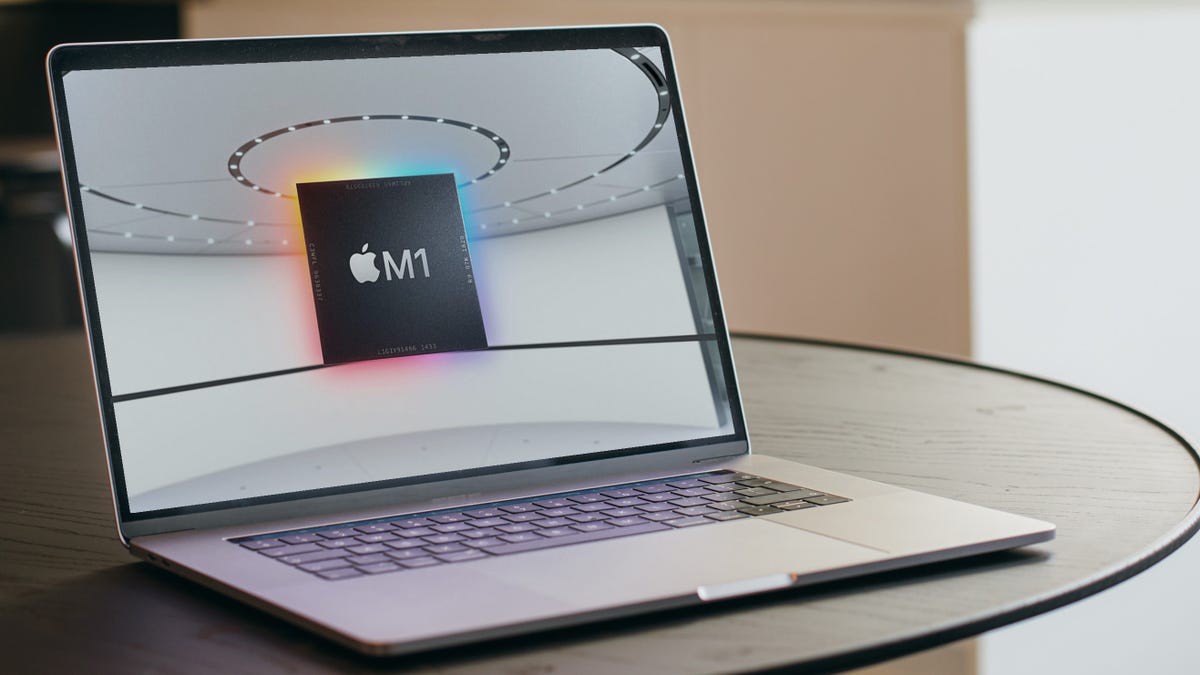

Rename this new terminal to something like “Rosetta-Terminal.“ Now right-click on your new Rosetta Terminal and click “Get info.“įrom the “Get info” menu, select “Open using Rosetta.“ Create a Rosetta Terminalįirst, duplicate the Terminal and rename it.Then,Open Finder and navigate to the Application/Utilities folder and select “Duplicate.“

Using this “Rosetta“ terminal makes it a breeze to install our preferred tools.
#VISUAL STUDIO CODE RUNS ON M1 HOW TO#
I’ll explain how to duplicate the macOS native terminal and force the duplicated terminal to always run with Rosetta 2. Thankfully, with Apple's translation layer Rosetta 2, we can easily download and compile applications that were built for x86_64 and run them on Apple Silicon. However, several critical CLI tools like nvm and brew do not have native versions built for the new M1 architecture, so installing them on your native terminal can be frustrating. Rosetta vs Native TerminalĬommand line tools are crucial for our day-to-day workflows.

To help you take full advantage of the power of the new MacBooks, here are some tips and tricks I picked up when setting up my own machine. This task was more complicated than usual because, with the new MacBooks, Apple has replaced their long-running Intel processors with their own M1 chip. I recently joined Courier as a Software Engineer and part of the onboarding process was to set up and configure my development environment on the new M1 MacBook Pro.


 0 kommentar(er)
0 kommentar(er)
